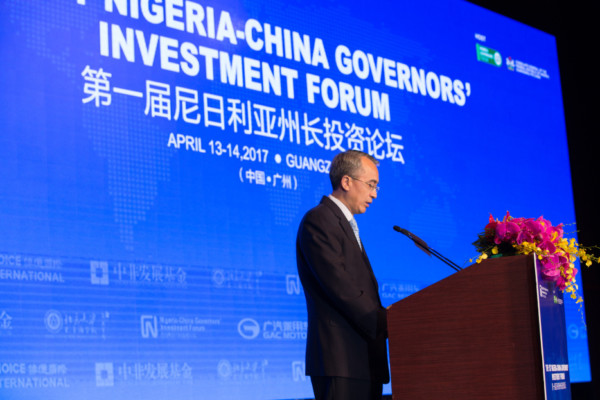
David Shinn, Adjunct Professor, George Washington University
Oct 06, 2017
Nigerian and international reporting on Chinese investment in Nigeria gives the impression that Chinese companies are the largest investors in the country. However, this is not the case.
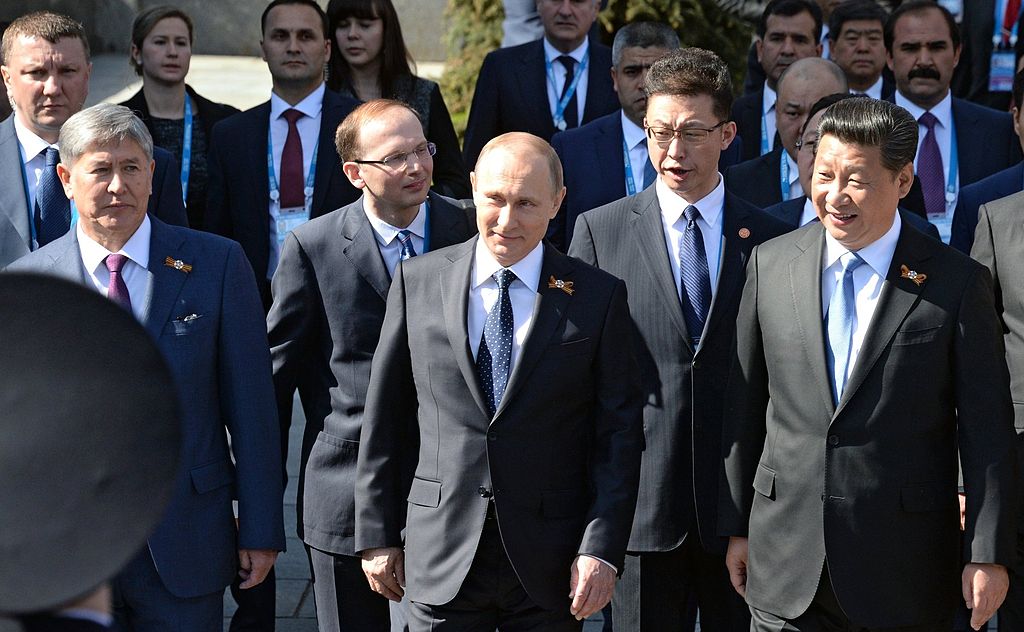
Kemel Toktomushev, Research Fellow, University of Central Asia
Oct 04, 2017
Despite the uncharacteristic competitiveness of the upcoming Kyrgyz presidential election, both candidates have similar foreign policy goals: rapprochement with Russia and deepening financial ties to China.
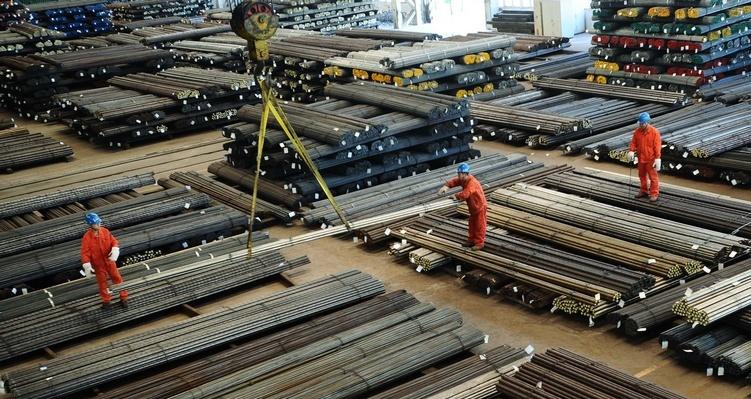
Dominic Ng, Chairman and Chief Executive Officer of East West Bank
Sep 26, 2017
We stand at a crossroads. The U.S. and China can either enter a costly and damaging trade war, or they can negotiate a better alternative. Getting trade relatio
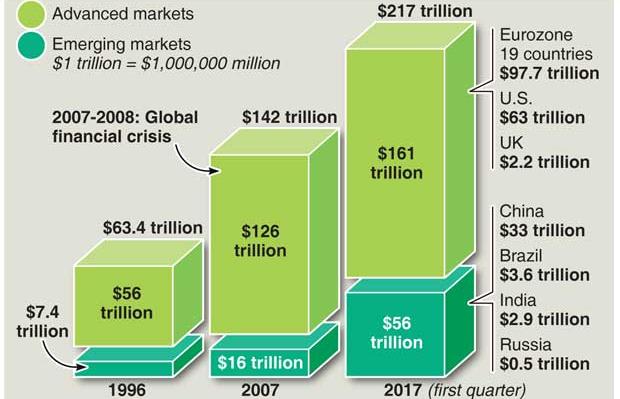
Zhang Monan, Deputy Director of Institute of American and European Studies, CCIEE
Sep 25, 2017
The scale of all sorts of debt in the US, including federal government debt, corporate debt, household debt, and private debt is nearing an all-time high. Evidence suggests a new debt crisis is mounting.
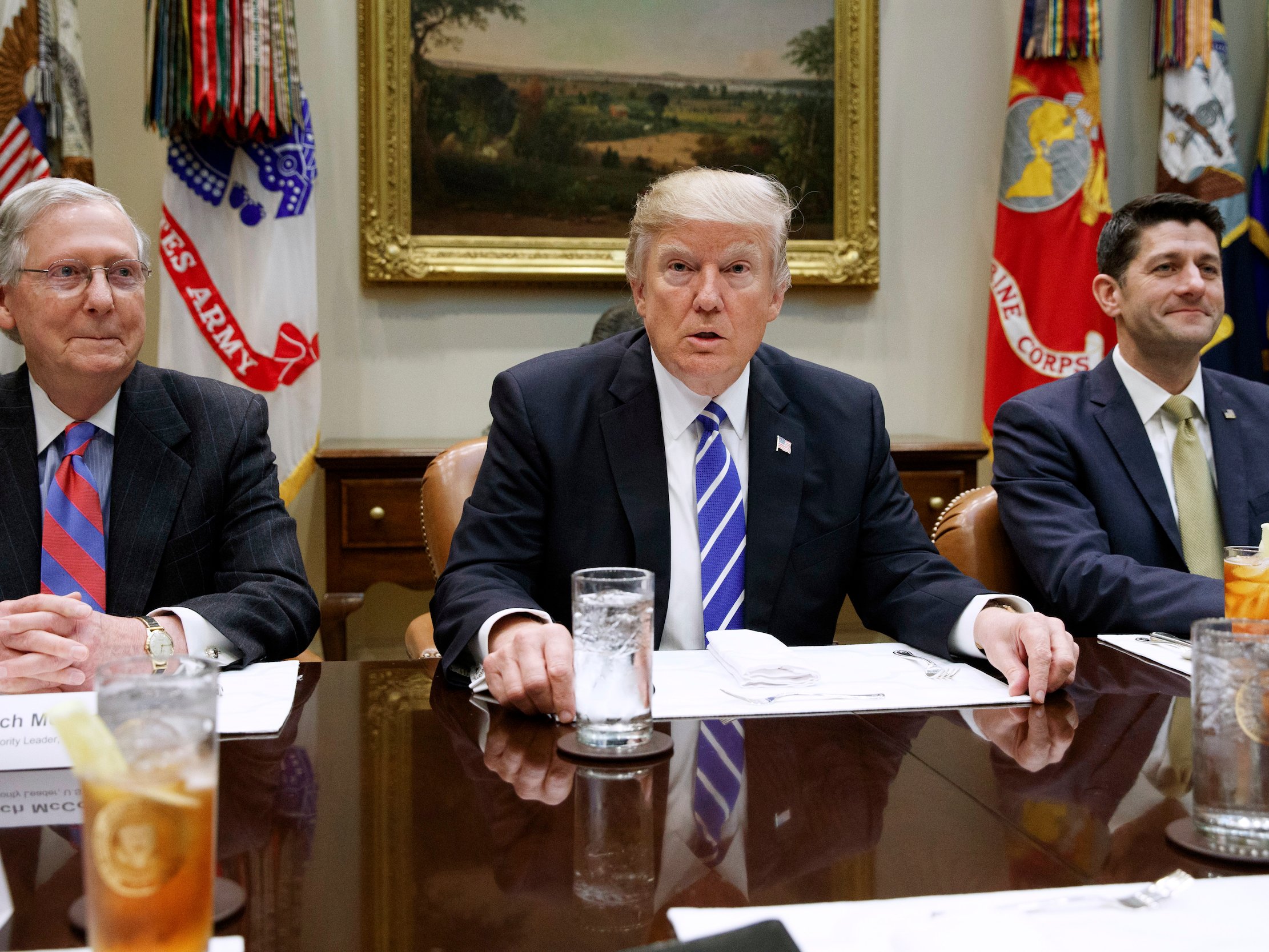
Yu Xiang, Senior Fellow, China Construction Bank Research Institute
Sep 21, 2017
America stands to benefit from Trump’s tax plan, but there are significant hurdles in its way.

Sep 19, 2017
Trade imbalance has been an ongoing source of tension between the U.S. and China. According to U.S. statistics, U.S. trade deficit with China in 2016 amounted to $347 billion, or 47% of its total deficit in merchandise trade.
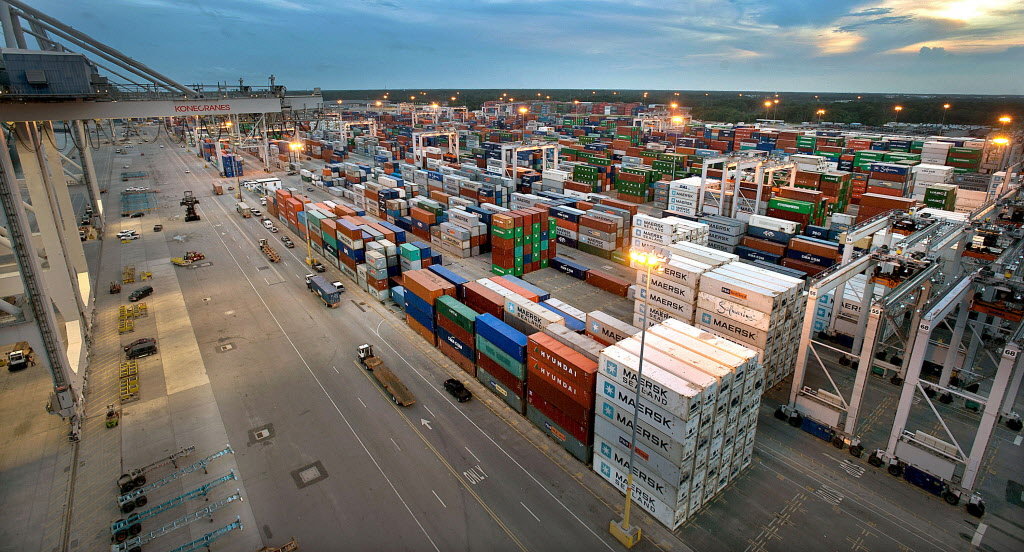
Christopher A. McNally, Professor of Political Economy, Chaminade University
Sep 19, 2017
It seems as if U.S. President Donald Trump is intent on perpetrating a dangerous fallacy: to impose tariffs on American imports to lower the trade deficit. These moves are coming despite the fact that the most prominent critic of China’s trade practices in the U.S. administration, Steven Bannon, has left the White House. Why is the Trump administration so enamored by tariffs, a trade policy more commonly employed a hundred years ago?

Daniel Ikenson, Director, Cato Institute’s Herbert A. Stiefel Center for Trade Policy Studies
Sep 18, 2017
For more than a decade, China and the United States have been engaged in a game of tit-for-tat technology protectionism, which now threatens to escalate into a wider high-tech trade war. But protectionism need not be met with protectionism. There is another route to deescalate this conflict: via the World Trade Organization.
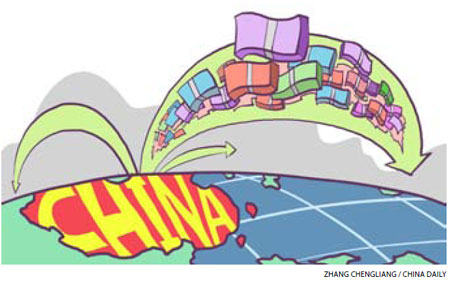
Zhang Jun, Dean, School of Economics, Fudan University
Sep 12, 2017
Over the last decade, China has been working to shift from a manufacturing-led growth model fueled by low-cost labor to an innovation-led, higher-value-added model underpinned by strong productivity gains. Currently, though China is the world’s most populous country and its second-largest economy, and the country’s urbanization rate remains well below the global average.

Niu Tiehang, Senior Fellow, CCIEE
Sep 11, 2017
Trump’s proposed corporate tax cuts are undercutting China. China should respond in kind.
Back to Top

- China-US Focus builds trust and understanding between the U.S. and China through open dialogue among thought leaders.
- Our Offerings
- Topics
- Videos
- Podcasts
- Columnists
- Research Reports
- Focus Digest
- Stay Connected
-
Thanks for signing up!
- Get the latest stories from China-US Focus weekly.